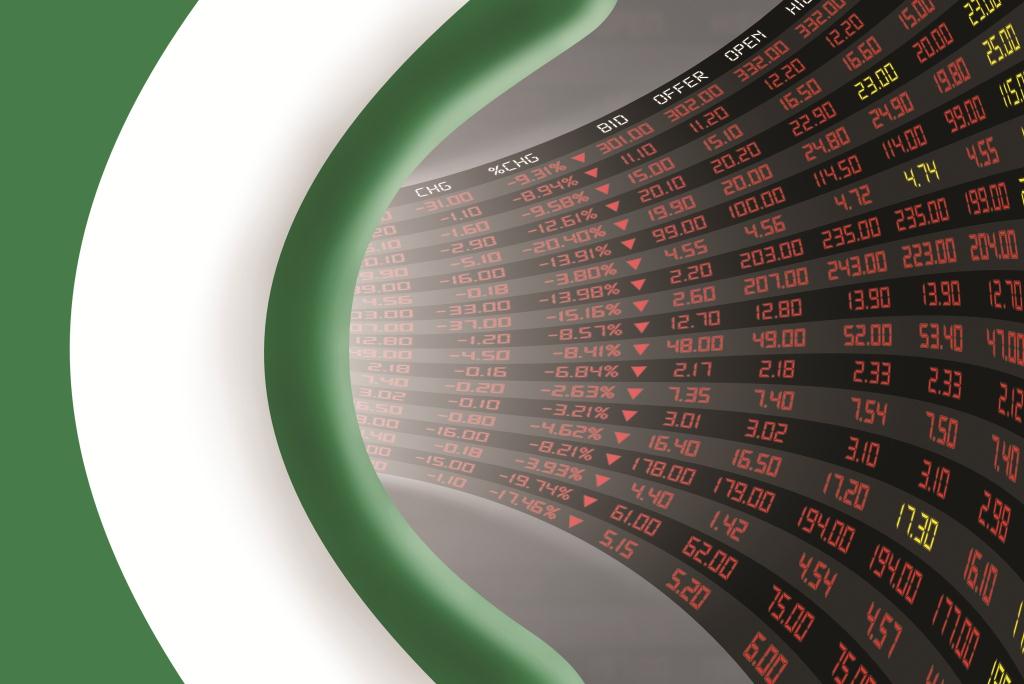What is Nigeria’s current biggest headache? Is it Nigeria’s caustic politics? Is it the faltering economy? Or, perhaps, could it be the average Nigerian’s inertia to, and apprehension of, change?
While Nigeria’s economic fortunes have dwindled drastically over the last 18 months, its political culture has remained largely unchanged, at least subliminally. Social habits have also struggled to keep up with the emerging harsh realities of the day. Consumer Price Inflation peaked at 17.6% in August, 0.5% higher than the July rate, as the naira continued its downward slide against the United States greenback.
For the first time in living memory, Nigerians are travelling less; airlines are struggling to fill their seats. The traditional summer holiday frenzy has sizzled down considerably. Multinational firms now struggle to repatriate their earnings and profits out of the country. The squeeze on the local currency and foreign exchange transactions is hurting businesses, big and small. Demand for foreign currency remains high, even as the consumption of not-made-in-Nigeria goods and services remains at an all-time high.
The capacity to make substitute products locally remains weak as manufacturing continues to suffer against the wave of cheaper Asian products and banks who struggle to gauge and hedge against small business risks in the non-oil industries. Despite the obvious need to expand the productive base of the economy, Nigerian banks still prefer to lend big to established sectors, like telecoms, oil and gas, and real estate.
As people of wealth and influence feel the economic crunch, their capacity to spend crumbles, even as they struggle to curb their appetite for lavish living. Today’s extravagance was yesterday’s normal. With thousands already withdrawing their wards from schools and boarding houses in Europe and North America, the era of ‘big men’ flying their families abroad in business or first class is over.
Loading...
“My brother, money don finish, the era of government people and big men stealing our money is over… we used to see them here every day traveling; even their babies and maids were traveling in business class… ahh, yet they will not pay us our salary on time… we civil servants are suffering. I have been working for the past 22 years, my entire pension, when I eventually retire, cannot buy a first-class ticket,” an immigrations officer lamented to me at the Murtala Muhammed International Airport in Lagos in September.
If Nigeria’s big men are feeling the economic pinch, it is safe to say ordinary folks have been wounded; their pocket power decimated by spiraling prices of household consumables. Nigerians are, however, a resilient lot. They would be much happier if only their pains were shared by their political leaders. This disconnect is the real pain for many. This is where the ethos of the structure and culture of governance is cooked. This lack of an ethical ecosystem in the Nigerian polity makes nonsense of Adam Smith’s “invisible hand” metaphor, used in describing the way in which free markets spontaneously satisfy society’s needs. Nigeria’s labor and financial markets are anything but free. Or fair.
‘Budget padding’ is the latest addition to the lexicon of Nigerian politics. Governance and the economy stalled for the first half of 2016 as the Presidency and the Legislature quibbled over ostensibly illegitimate amendments to the fiscal plan. Meanwhile, a new breed of thugs, the Nigeria Delta Avengers (old militants in new uniforms more like) sprang out of the creeks, wreaking havoc to the production schedules of multinational oil companies and curtailing gas supplies to the national gas grid. So with Brent crude selling below $60 per barrel for most, the country now struggles to produce 1.3 million barrels per day (bpd), as against its OPEC-mandated quota of 1.67 million bpd that came into effect in January.
Africa’s wealthiest man, Aliko Dangote, believes political will is needed to steer Nigeria out of its first recession in 20 years. Dangote should know. He is closer to the corridors of power than perhaps any other Nigerian businessman alive. I think this is Dangote’s veiled way of saying the extant shenanigans currently associated with the managers of the state need to stop. But this is old news.
Patience is an old and scarce commodity these days in Nigeria. Until someone goes to jail for stealing public funds, only then will Nigerians agree that President Muhammadu Buhari’s vision is not a mirage.
Loading...
